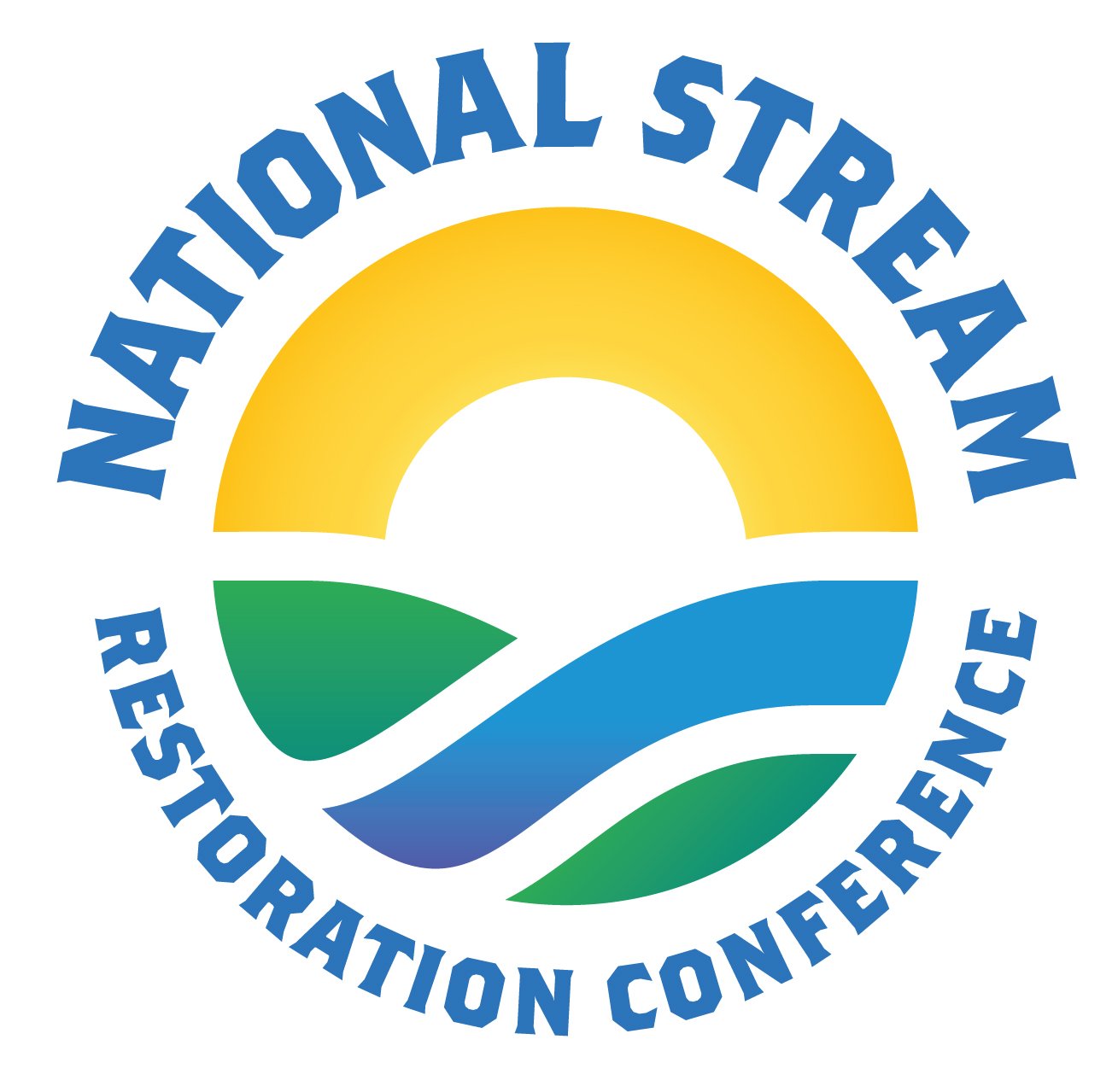Restoring Wetland Processes and Native Vegetation at Sites Previously Used for Agriculture
Kristen Coveleski, PhD, PE
Inter-Fluve
Rehoboth Beach, Delaware
Caitlin Alcott, CE
Inter-Fluve
Hood River, OR
As agricultural fields are retired in the U.S., alternatives to traditional passive revegetation and restoration approaches are valuable. Successfully completed cranberry bog restoration projects provide a transferable analog for the restoration of natural wetland processes and re-establishing native vegetation from a monoculture.
Winner of the Coastal America Partnership Award, the Eel River restoration project is the first example of active cranberry bog restoration in Massachusetts. Prior to restoration, the Eel River headwaters had been in cranberry culture for over 150 years. The stream was dammed and former sloped fens were converted to cranberry culture through the application of sand and management of dikes and water control structures. Design of the restoration project began in 2005 and construction was completed in July 2010.
The Eel River project included restoration of 60 acres of Atlantic white cedar swamp and minerotrophic fen habitat, sphagnum moss restoration, fish and wildlife passage culvert replacements, removal of small dams, raptor perch habitat construction, 8,000 feet of new stream channel construction, over 1,400 pieces of large woody habitat, 24,000 native tree and shrub plantings, and stormwater detention and infiltration ponds. Habitat for salter Brook Trout, Bridle Shiner and Eastern Box Turtle, Massachusetts special concern species, were constructed.
Building on the lessons learned at Eel River, the owners of nearby Tidmarsh Farms and multiple local, state, and federal agencies and organizations came together in an effort to holistically restore the ecology, geomorphology, and hydrology of retired cranberry bogs and associated impoundments in the headwaters of Beaver Dam Brook. The restoration envelope is approximately 250-acres, representing about 10% of total watershed land area and 20,000 feet of stream channel restoration (50% of total watershed stream length), including fish passage restoration for blueback herring, American eel and alewife. This restoration included the use of ditch plugs, grade control, and microtopography grading to promote floodplain inundation and diverse natural revegetation, including forested swamps and open fen complexes. These projects contributed to the state’s new Cranberry Bog Program created to replicate these models on potentially thousands of acres of farmland in the coming years.
About Kristen Coveleski, PhD, PE
Kristen is a senior water resources engineer, project manager, and regional director for Inter-Fluve, focusing on dam removal and river and estuary restoration. She has been involvedin a wide range of projects including dam removals, cranberry bog restoration, habitatenhancement in tidal systems, and urban revitalization projects. Her projectexperience includes geomorphic and habitat assessments, channel design, hydrologicanalysis, hydraulic modeling (both 1- and 2-dimensional), sediment transport predictionanalysis, development of permit and construction documents, construction oversight, andproject management.Kristen received a Bachelor of Civil Engineering from the University of Delaware, a Master of Science and a PhD in Civil and Environmental Engineering from the University of VIrginia, and is a registered Professional Engineer.
https://www.linkedin.com/in/kristen-coveleski
About Caitlin Alcott, CE
Caitlin Alcott is a Senior Ecologist with Inter-Fluve working on large-scale watershed restoration throughout the country. Caitlin’s work extends from headwaters to estuaries and wild to urban landscapes collaborating with project sponsors including large federal agencies, local watershed councils, hydropower providers, and agricultural landowners. Based in the Pacific Northwest, much of Caitlin’s restoration work includes salmon habitat restoration, floodplain connectivity, and reconnecting humans to their natural environments. Through her work as President of River Restoration Northwest from 2022-2024 Caitlin has prioritized collaboration, communication, innovation, and technical expertise across the field of restoration. Caitlin has a Bachelors or Environmental Science from Colorado College and a Masters of Science from the Yale Environment School.


